For those approaching their retirement years, taking the next step is more than simply planning for retirement. You also need to think about how you will leave your job. How much notice do you need to give before your last day? What’s the right way to let your employer know about your impending retirement? Do you have or need a transition plan? And can you be fired after announcing retirement? For both older employees and younger workers planning an early retirement, it’s important to approach this new season with courtesy, tact, and thoughtfulness.
How to announce your retirement
How much notice should you give?
If you’re planning to retire soon, considering how you will give your retirement notice is an important step in the process. Depending on your relationships with your employer and with your job, you may find giving an adequate notice period to be easy or rather difficult. Regardless, there are usually benefits to everyone when you provide your employer with an adequate amount of time to fill your position.
Depending on the position you hold in your company, giving 3-6 months’ notice is a good goal. This is especially true if you’re in a position of seniority. This will give your company time to recruit and train someone else. In many cases, you may be the one training your replacement for their new job. You’ll want to have enough time to leave them feeling comfortable with the job duties and ready to take on your position.
For some positions, giving 2-4 weeks’ notice may be enough.
It’s a good idea to check your company policy to find out if there’s a suggested amount of time to give before leaving. In some cases, notice may be required in order for you to receive your full retirement benefits.
How to respectfully announce your retirement
Setting up a private meeting with your boss is a polite and courteous way to give formal notice of your retirement plans and expected retirement date. Telling your boss first is also helpful for avoiding unnecessary office gossip. No matter how much you enjoy or trust your coworkers, word tends to get around the office much more quickly than you might expect. This can cause complications and awkward situations, especially if your boss finds out before you get the chance to personally inform him or her of your plans. At some point, you may also need to give the human resources department a formal retirement letter stating your intentions for retirement.
No matter what your retirement plans include, everyone will benefit when you announce your retirement courteously, giving enough advance notice for the company to find a suitable replacement for your position. Not only will you help your employer and coworkers avoid a difficult situation of being shorthanded, but you’ll also maintain a good relationship with your company or boss. Many retirees end up coming back to work part time or in a consulting position at a later date after retirement. Leaving on good terms is a great way to leave this option open.
Can you be fired after announcing retirement?
Most states have at-will employment laws. This means no notice is required on either side to terminate employment.
According to the United States Labor Law, “At-will employment is an employer’s ability to dismiss an employee for any reason, and without warning, as long as the reason is not illegal.”
At-will employment is the most common. However, some companies have a contract that states otherwise. In most cases, these are usually reserved for high-ranking employees.
If you do get fired, you can collect unemployment benefits, assuming you’re under retirement age. You’ll also want to consult with a tax advisor before withdrawing any money from your 401(k) or pension fund. This will help you to avoid unwanted tax penalties and other tax issues.
What happens to your 401(k) and pension if you’re fired before retirement?
Fortunately, the 401(k) balance that you contributed is yours to keep. You can leave it in the plan, or roll it over to a new plan or IRA account. If you are not fully vested, you may forfeit some or all of your employer contributions.
Pension determination is on a case-by-case basis. If you are vested, then you will get the pension benefits when you meet the plan requirements. If you are not vested, you may not be entitled to a benefit. Before announcing retirement, you should review your pension plan details to make sure that you are vested.
Regardless, if you are unfortunately fired before retirement, make sure to sit down with a tax advisor before withdrawing from your retirement accounts.
What to do if you’re fired before retirement
If you do find yourself fired before your planned retirement date, there are a few next steps you’ll need to consider.
If you have not yet reached retirement age, it may be necessary for you to find another job to continue building up your retirement account. Alternatively, you could apply for unemployment, depending on your situation. You’ll also want to consider health insurance if your previous health insurance was provided by your former employer.
If you are above retirement age, you’ll want to think about applying for Social Security benefit and looking into Medicaid. You should also meet with a financial advisor to manage your retirement fund or 401(k).
How to avoid being fired before retirement
No one wants to be unexpectedly fired before retiring. Of course, taking polite and respectful steps for announcing retirement is helpful for cultivating good relationships in the workplace. But what else can you do in order to avoid being fired before retirement?
Be an asset to your employer
If you want to avoid being fired (whether before or after giving your retirement announcement), take steps to become an irreplaceable asset to your employer in your current position. Stay updated on the skills that are required of you. Go above and beyond to continue in your learning. Show up on time. Work until the job is done. Becoming an invaluable asset in your workplace will help you keep your job as long as you want it.
Bring new ideas to the workplace
Look for ways to improve in your position by bringing new ideas. If you think you can streamline something to save your employer time and money, make suggestions. If there’s a way you can improve the product or service, let your employer know what you’re thinking. Of course, some employers will value these ideas and suggestions more than others. It’s important to present new suggestions with caution and sensitivity.
Stay on good terms with your employer and your colleagues
Make yourself a helpful part of the team who others know they can count on. If you’re able, join programs and committees within your company. Build friendships by being helpful and interested in others and by treating everyone with respect.
Know your employer
Lastly, know your employer. While, in most cases, it’s best to give plenty of advance notice, you should also be ready to leave immediately when you turn in your notice. This is highly dependent on your workplace culture.
Are you prepared for retirement?
Whether you’re wondering about the best way to announce your retirement after years of service, aren’t sure if your retirement savings is adequate, or have questions about your 401(k) or pension, sitting down with a financial advisor is an excellent way to make sure that everything is in order for your retirement years.
At Milestone Wealth Management, we understand the uncertainty that can go along with approaching the retirement years. We want to make sure that you’re prepared to meet your financial milestones.
Ready to get started? Book a meeting with us today!
This material is not intended to replace the advice of a qualified tax advisor, attorney, or accountant. Consultation with the appropriate professional should be done before any financial commitments regarding the issues related to the situations above are made.

